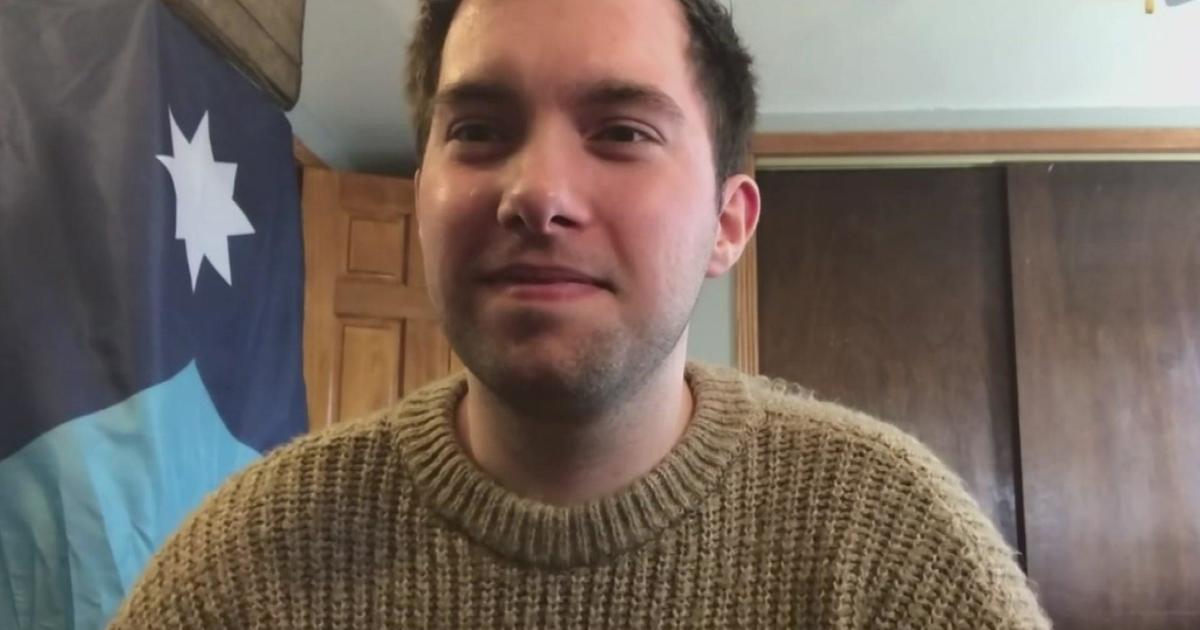UMinn. Researchers Stop 'Sneaky' Cancer Cells In Their Tracks
MINNEAPOLIS (WCCO) -- University of Minnesota researchers have managed to stop cancer cells from moving and spreading even when the cells changed their movements, according to a new study.
It's a discovery that could have a major impact on millions of cancer patients undergoing therapies to prevent cancer from spreading in their bodies.
For years, researchers have known that tumors have patterns that act like little "highways" for cancer cells to move within the tumor and ultimately invade the body. But researchers haven't been able to figure out how cancer cells recognize these patterns and move along them.
The research, published in research journal Nature Communications, shows how a U of M research team examined in the lab how breast cancer cells moved and used medicines to try and stop the cells. When researchers stopped the mechanisms that serve as the motor of the cells, the cells – much to researchers' surprise – changed the way they moved to an oozing, blob-like motion.
"Cancer cells are very sneaky," said senior author Paolo Provenzano, a University of Minnesota biomedical engineering associate professor and a Masonic Cancer Center researcher. "We didn't expect the cells to change their movement.
Provenzano says it forced researchers to change tactics and target both kinds of movements at the same time.
"It's almost like we destroyed their GPS so they couldn't find the highways. This stopped the cells in their tracks. The cells just sat there and didn't move," he said.
Researchers studied cancer cells in microenvironments that mimicked how cancer cells behave in a tumor and allowed researchers to speed up their research.
"By using these controlled network microenvironments, we were able to test hundreds of cell movement events in hours compared to one or two in the same time frame by imaging a tumor," said Erdem Tabdanov, a University of Minnesota biomedical engineering postdoctoral researcher and first author of the study.
The next step for researchers is to expand the types of cancer studied and begin animal trials. Researchers hope to move to clinical trials in humans within a few years.
"Ultimately, we'd like to find ways to suppress cancer cell movement while enhancing immune cell movement to fight the cancer," Provenzano said.
Ninety percent of cancer deaths happen when the cancer spreads throughout the body. Stopping cancer cell movement would serve to allow physicians the time to use other therapies to improve the survival rate of patients.



